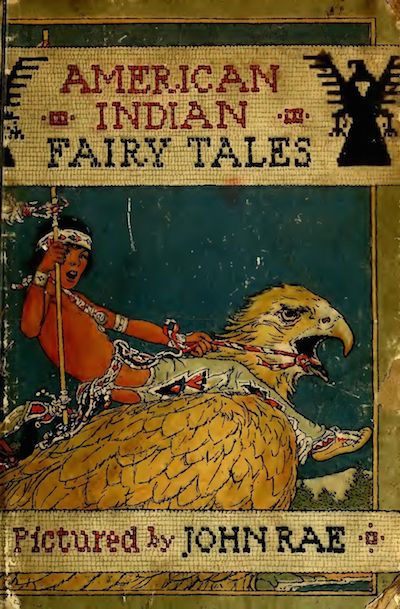Margaret Lyngdoh’s presentation
Personally, I found Margaret Lyngdoh’s presentation insightful and enlightening! When I first heard that we were going to be listening to a presentation from a professor from India, I was so excited, and then I discovered it was about possession, and I was even more curious since the topic is so different and out-there. When Margaret Lyngdoh started talking about the different types of possession—from snake to tiger—it made me question if the people really believed they turned into the animal, or if it was just a spiritual, mindful thing where they take on the aspects of the animal. However, this whole possession, doing weird things reminded me a lot about all of the evil characters in fairy tales—including all of the evil queens such as in “Snow White” and the Sea Witch in the “Little Mermaid” and the witch in “Hansel and Gretel.” I believe that deep down, people are good, and that it is these difficult and troubling experiences that shape a person and turn them into what they are...
